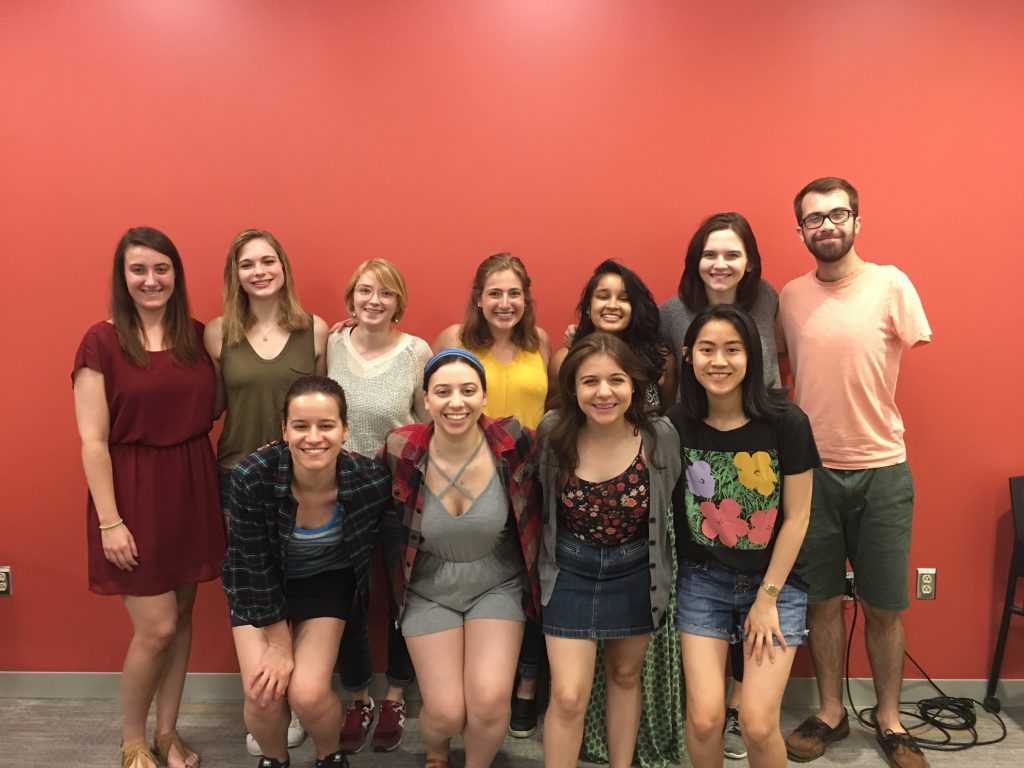I hope everyone is having a terrific start to their school year! Whether you’re in high school or college, the academic year has just begun! At Rochester, there are a lot of resources offered to students of all years. However, there are even more resources for the first-year students to get better acclimated to the University. Here is an exploration of some key resources that first-years tend to utilize.
First-Year Team: Every resident hall includes an RA, but the first-year residence halls also have a Dandelion (D’lion) and a First-Year Fellow. The D’lions promote school spirit and help first-year students become better acclimated to the social culture at Rochester. The first-year fellows promote academic culture and provide academic resources and academic support to first-year students. The first-year team collaborates in providing the first years a supportive group of individuals and providing hall programs focusing on their respective goals. For example, as a fellow, I brought in CETL for a study skills program that gave tips and tricks on how to time manage weeks before an exam. My D’lion in my first year had hall programs that connected the floor such as making pizza from scratch. My RA connected the students to the greater community of Rochester by bringing students on a trip to the Rochester Public Market. These three individuals collaborate in order to provide the best experience for a first year!
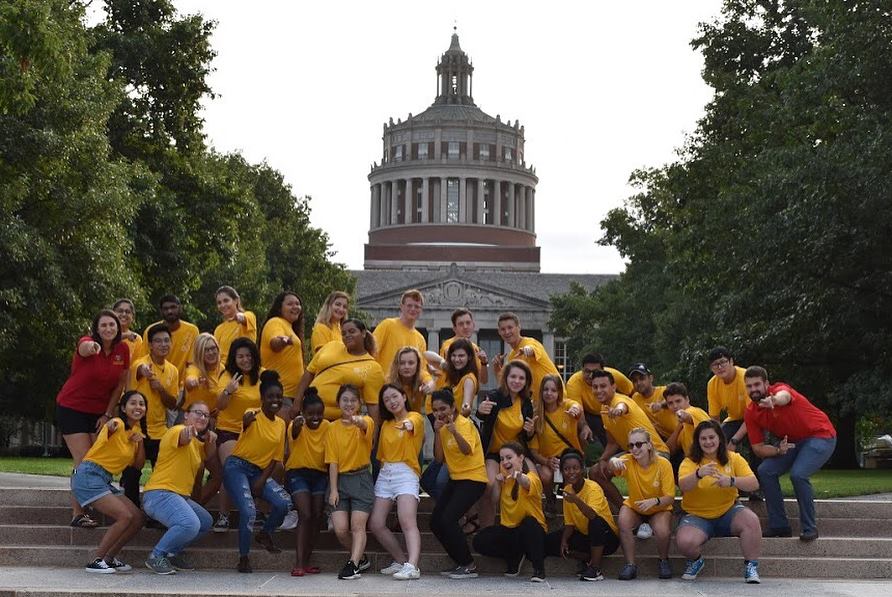
Personal Librarian: Unlike the many librarians between all of the campus libraries, personal librarians peer with a hall. For each first-year hall, there is a librarian who is specifically assigned to that respective hall. These personal librarians can provide an abundant number of resources including, but not limited to, assistance with research in academic writing, library navigation, personal growth support, etc. My first-year personal librarian even made a map of all of the cuisines in Rochester. Additionally, they tend to work alongside the fellows to put together fun programs such as the tale of the library ghost at Rochester, Pete Nicosia, but also academic programs including RefWorks workshops! Although not directly personal librarian based, librarians provide more support for individual classes by having written guides online for many courses that show recommended textbooks, websites for studying, articles, etc. For example, the one on Chemistry 131 made by Sue Cardinal was helpful by providing links to databases with properties of different elements and molecules.
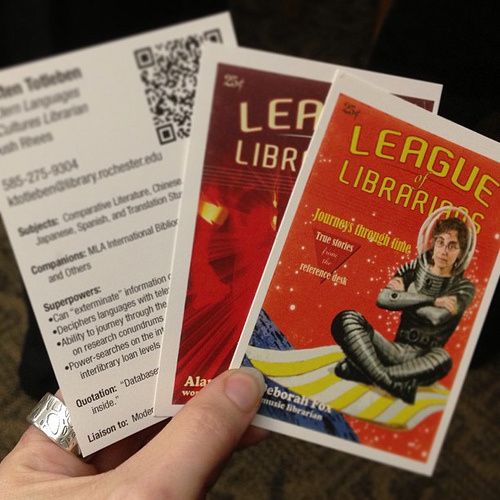
Center for Excellence in Teaching and Learning (CETL): CETL provides a variety of services including tutoring support, workshops, study groups, study zone, and most utilized by first years, study consultants. These consultants can provide one on one support in determining optimal methods in studying, learning, and time management. This could range from talking about how to improve current note taking abilities to directly looking at a schedule and trying to help the student figure a way to manage his/her time on a calendar. Additionally, CETL’s new implementation of the study zone, which is popular among first years, promotes studying by offering a distraction-free zone that has snacks, comfortable chairs, and personal support and even requires a three-hour-per-week commitment to studying in the zone to encourage studying.
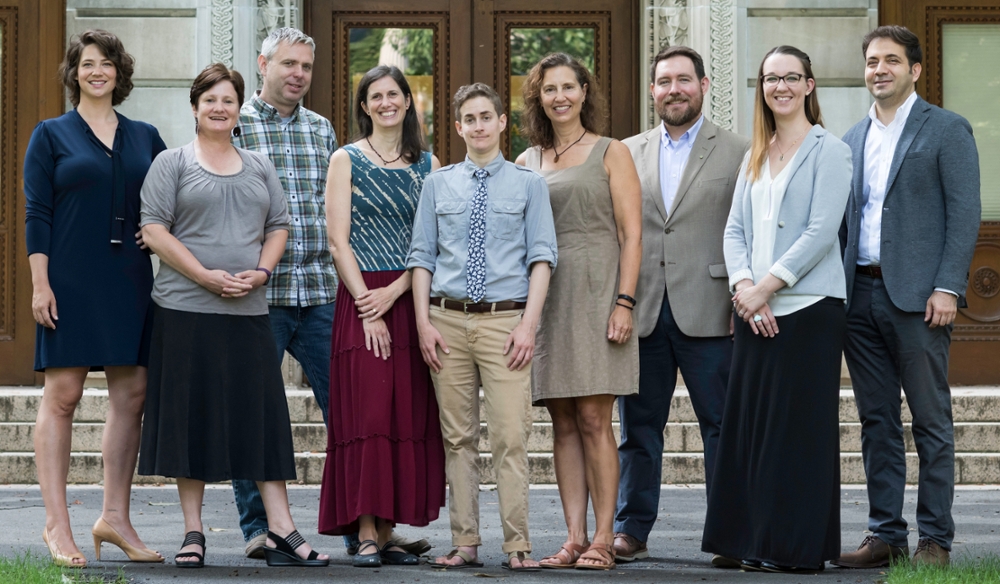
Peer Advisors: Most students who enter Rochester do not come in with a decided major. Instead, they spend a lot of time in their first year trying to determine a major of interest. Alongside the fellow, peer advisors can provide a lot of this support. Peer advisors are individuals who have been selected from their major department to speak about the program. These peer advisors speak on behalf of a department and explain what the department offers including coursework, study abroad opportunities, research, etc. Additionally, these students can provide guidance for students who have identified an area of interest by giving class and schedule recommendations, study tips within certain courses, and much more! In the Biology department, a peer advisor showed me many possible research and study abroad opportunities including DAAD Rise and the Dekiewiet Fellowship.

Gwen M. Green Career Center and Internship Center: Many students think that in their first year, they do not need to worry about career choices as they have four years to undergo, but the career center offers much more. They can provide information about what opportunities are available within each major, resume workshops and reviews, networking and connecting students to on and off campus jobs, and many other resources. However, what is also extremely utilized by first years is the advising services. At the career center, pre-medicine and pre-graduate advisors are readily available to walk students through what is needed for education beyond college. They can advise on what courses are necessary and when these courses should be taken as well as give general advice on co-curricular each semester in preparation for graduate, medical, or other higher education opportunities.
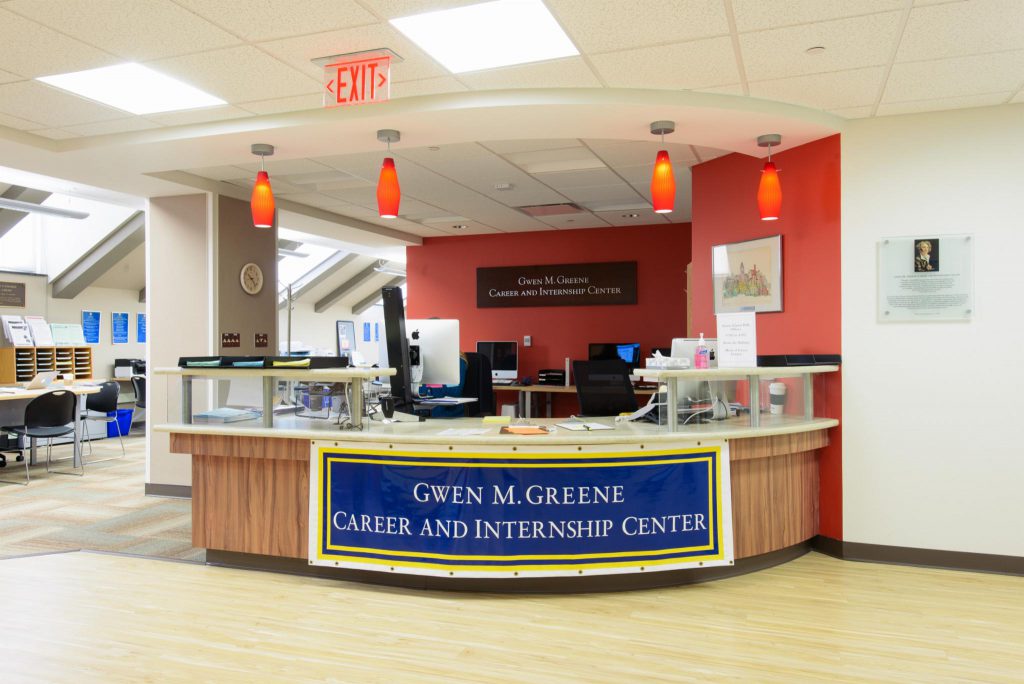
David T. Kearns Center: Although you can check out my previous blog for a more in-depth look at the Kearns Center, the Kearns Center provides many resources for first year specifically, towards but not limited to, first-generation, low-income, and underrepresented students. These range from extra academic advising services, additional tutoring support, and free printing.
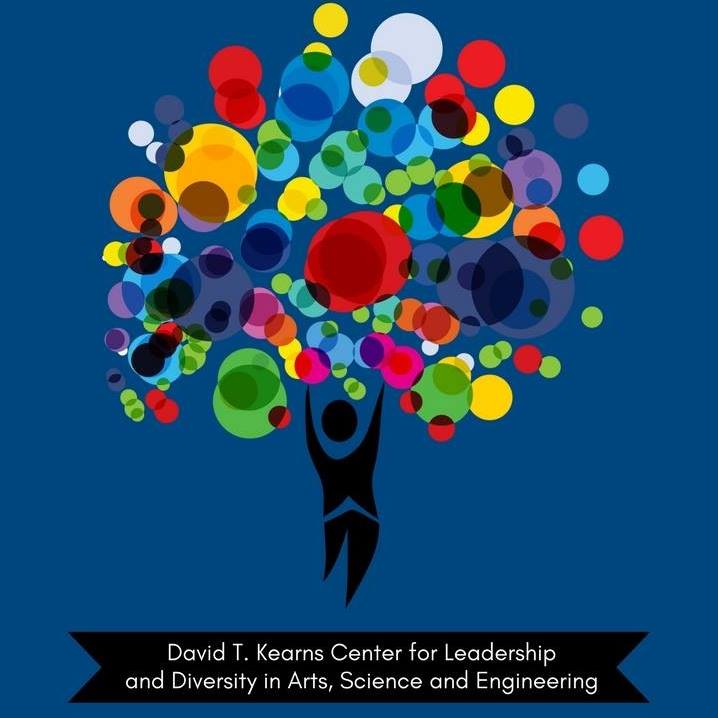
Writing Center: Since many first-year students take WRT105 in their first year, the writing center becomes an impactful resource in many first year’s careers. The Writing Center offers walk-in or scheduled appointments with writing fellows who help provide guidance on coming up with a research idea, clarity, and mechanics in writing, and much more. Additionally, the writing center hosts Write-A-Thon and UR Night to Write. The Write-A-Thon in specific provides an 18 straight hours of writing fellows with free snacks and pizza while the UR Night to Write includes four hours of research librarians, writing tutors, and even writing professors who assist in the writing process.
